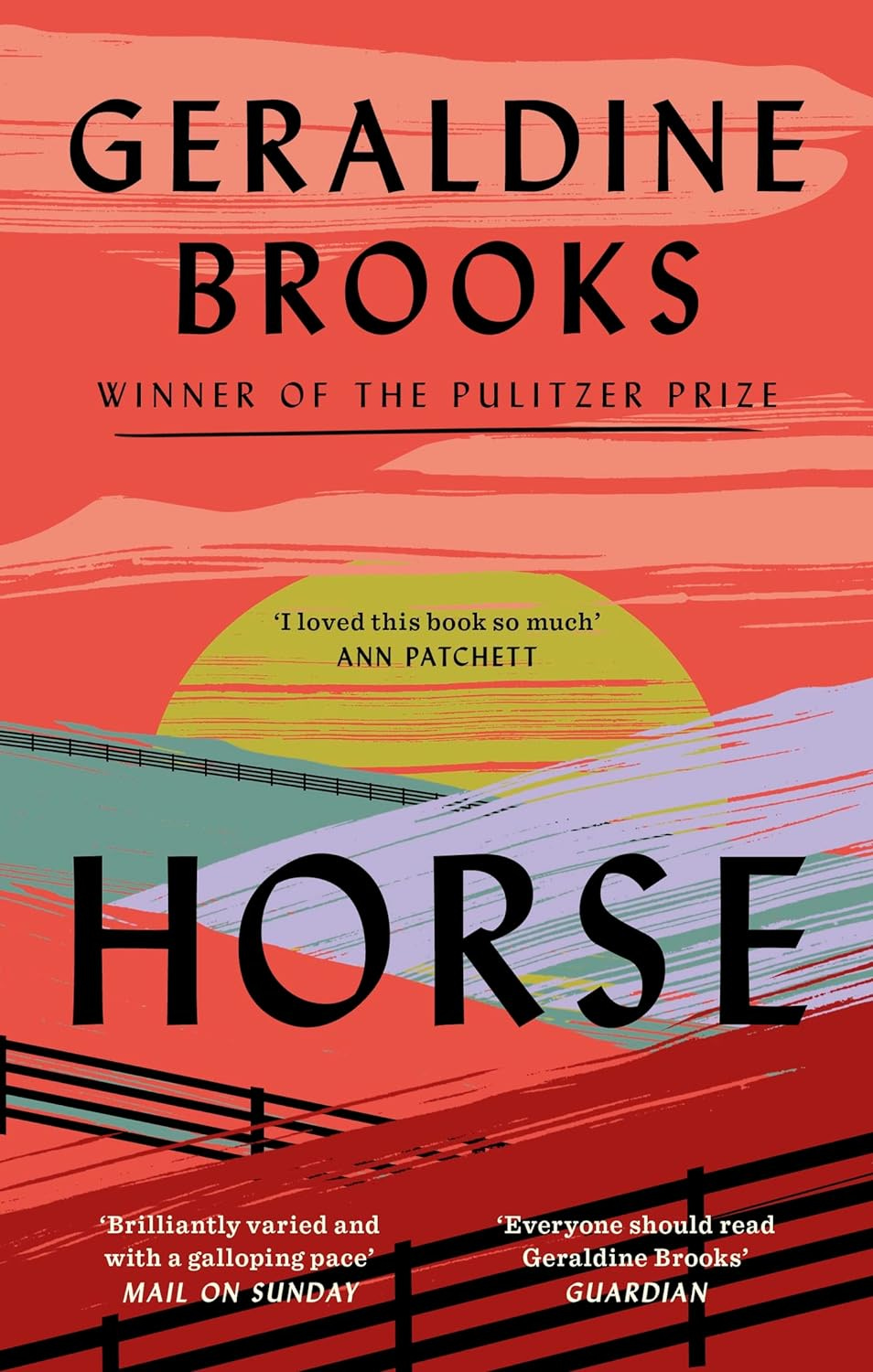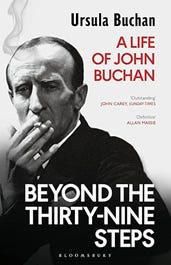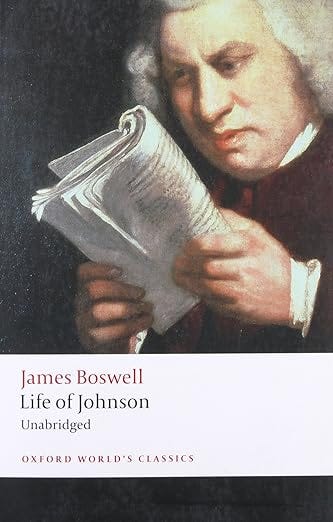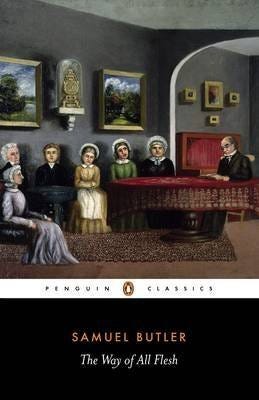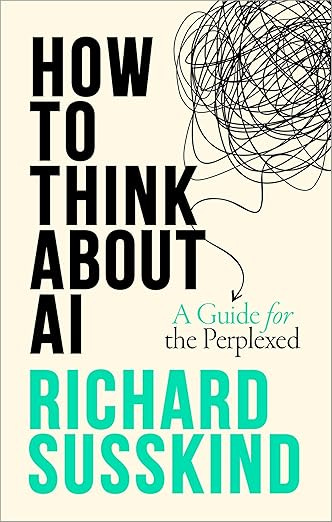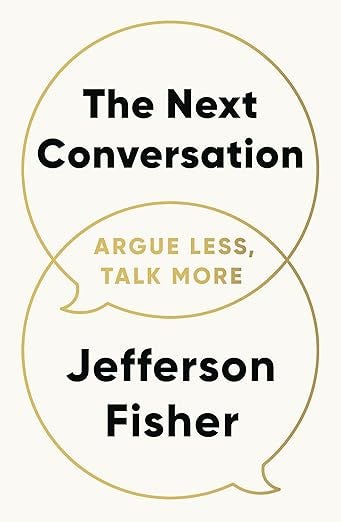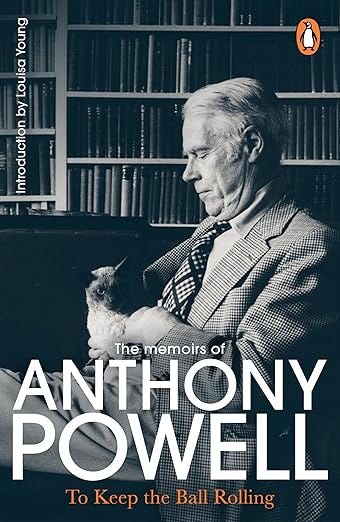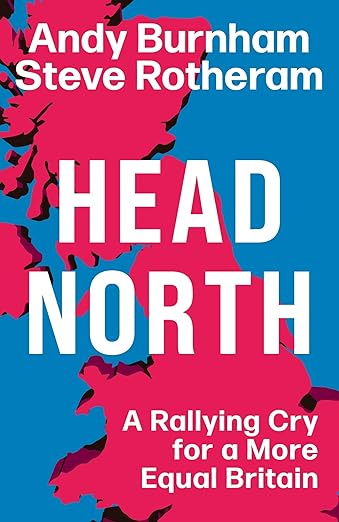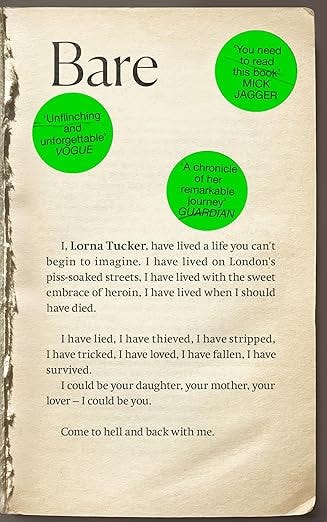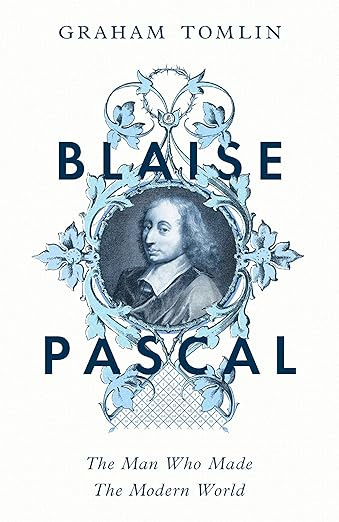Letter from a Bookworm Number 1
22/3/2025
Dear Fellow Bookworm
I am going to start by introducing myself. My name is Stephen and I live on the coast in Devon in the south-west of the UK. By day I teach in the Business School at Exeter University, but outside work my main interests are broadly bookish. I am fifty-nine years old.
Puppies
My big news this week has been the arrival at home of two nine-week old Bichon Freese puppies. They are adorable and are settling in very well. We have decided to call them Heidi and Lola. House training is proceeding well, but Heidi still has a tendency to bite pretty aggressively that we need to address. They have yet to learn to respect, let alone, revere the books I have piled around me of an evening, but as yet none have been ripped up. The last pair of bichons we had, as puppies, used to delight in taking books down from bookcases and fighting over them while tearing them to shreds. The older and smellier the books, the better as far as they were concerned. An ancient copy of Arnold Bennett’s ‘Clayhanger’ was readily replaced. Not so my expensive hard cover set of Neville Cardus’s collected cricket journalism. That act of destruction took some forgiving.
Current reading
This week I have completed two books. Geraldine Brooks’s novel ‘Horse’ took some getting into but was ultimately very satisfying and thought-provoking. I like it when writers take a real historical character and then weave an imagined narrative around them. It takes skills to pull it off, and in this case the real character was thoroughbred nineteenth century racehorse called Lexington. There is a pretty shocking twist at the end of this story that you cannot see coming, and which packs a satisfying narrative punch. It is very accomplished and not a book I am going to forget for a long time.
I also completed Ursula Buchan’s biography of her grandfather John Buchan – ‘Beyond the Thirty-Nine Steps’. As the title suggests this one looks to inform contemporary readers who think of JB purely as a consummate early twentieth century thriller writer, that there was vastly more to him. He filled his sixty-four years with enough activity to fill four or five normal lives. Having a career that bridged all kinds of writing, historical scholarship, journal editing, publishing, government administration, diplomacy and politics gave him the opportunity to meet pretty well everyone of importance in his lifetime, many intimately. A fascinating life story, well-told.
I am now deep into James Boswell’s Life of Samuel Johnson (so so good) and ‘The Way of All Flesh’ by Samuel Butler. I am making slower progress with Jonathan Rosen’s memoir, ‘The Best Minds’ and a handful of books about Geoffery Chaucer. I am about to start ‘A Town Called Solace’ by Mary Lawson and ‘The Art Thief’ by Michael Finkel.
Barry Humphries
One of my monthly writing group meetings is coming up soon, and I have decided to write an article about my admiration for the late, great comic performer Barry Humphries whose capacity to paralyse me with laughter while also charming and impressing me beyond measure was extraordinary. I have been dipping into various biographies and his two volumes of autobiography, also watching clips of interviews and performances that I have seen many times before. His ability to inhabit his characters and give entirely credible, improvised full-length interviews dealing with all manner of matters while doing so was, I think, unrivalled. He could also effortlessly interview others in his assumed personas too. He needed no script. A few greats can do this – one thinks of Caroline Ahearn and Paul O’Grady in particular - but no one else ad-libbed in character quite as brilliantly, hilariously and as consistently as Barry Humphries did. It looked effortless. My only regret is that we did not tend in the UK to see the full range of the various Australian archetypes he created, the demand always being for his wilder grotesques in the form of Sir Les Patterson and Dame Edna Everidge. I loved these performances, but would have adored to have seen them supplemented with more from Sandy Stone (a morose old man who looked back with small-minded nostalgia on pre-war Australian suburban life), Neil Singleton (a pseudo-intellectual 60s hippie-type), a ‘progressive schoolteacher’ character called Craig Steppenwolf, Lance Boyle (a macho, sexist trade union official), a trendy gay vicar called Father Rod Nunn, a folk singer called Big Sonya and several others.
This South Bank Show profile of BH from 1989 is great:
John Bayley
This week marks the centenary of John Bayley’s birth. He lived until he was almost ninety, devoting his life to teaching English at Oxford and to literary criticism. He was born in India and was schooled at Eton, but took a bohemian path in life. Eclipsed by the brilliance of his wife of forty-plus years, Dame Iris Murdoch, he achieved a degree of celebrity himself in older age with the publication of his memoir about their life together (‘Elegy for Iris’) and the subsequent 2001 film version simply called ‘Iris’ that was directed by Richard Eyre. It is a magnificent film in which Kate Winslet and Judi Dench play Iris Murdoch as a younger and older woman, while Hugh Bonneville and Jim Broadbent do the same as John Bayley. The latter two performances are quite outstanding, the transition between one and the other as the film proceeds in flashbacks being as near seamless as can be imagined.
For a long time, John Bayley wrote book reviews for the New York Review of Books. You can read some of these here:
https://www.nybooks.com/contributors/john-bayley/
Flannery O’Connor
This week also marks the centenary of the birth of Mary Flannery O’Connor (1925 – 1964). She wrote two acclaimed novels, but is best remembered as a highly original writer of short stories. Mostly set in the American South where she came from and lived for most of her life, the stories often focus on characters who are flawed in various ways, disabled in some way, poor, eccentric and often quite unpleasant. She wrote about ugly people and misfits. The tone is often, however, comic and infused with clever metaphors. She was a devout Roman catholic who wrote from what she described as a ‘Christian realist’ perspective. Her first collection of short stories was entitled ‘A Good Man is Hard to Find’, her second (published posthumously) was ‘Everything that Rises Must Converge’. She suffered from the painful condition, Lupus, and sadly died at the young age of 39.
This video provides an excellent introduction to her life and work:
New books
This week’s new publications that caught my eye include the following juicy-looking potential gems:
Bookish television this week
Sky Arts on Thursday 27th March at 8.00 – “Douglas Adams: The Man who Imagined Our Future” – I am not at all sure that he did, but he wrote sublime sci-fi comedies that had a huge influence on my generation.
BBC4 on Tuesday 25th March at 10.00 – “Salman Rushdie: This Cultural Life” – an apparently edited (and hence sadly shortened) television version of Sir Salman’s recent radio interview with John Wilson about his main cultural influences.
Bookish radio this week
Radio 4 on Saturday 22nd March at 12.15 – “Take Four Books” – being an interview with Eimear McBride about her recent novel ‘The City Changes its Face’.
Radio 4 on Sunday 23rd March at 4.00 – “Take Four Books” – another episode in this series in which James Crawford interviews David Szalay about his recently published novel ‘Flesh’.
Radio 4 extra on Sunday 23rd March at 12.30 – “The Betjeman Letters” – an archive programme in which Michael Williams reads selections from the former poet laureate’s personal correspondence.
Radio 4 Monday to Friday at 11.45 am – “Underdogs” – an abridged reading of Joel Budd’s recent book questioning commonly held stereotypes of the UK’s white working class.
Radio 4 on Monday 24th March at 3.00 – “A Good Read” – the latest episode in this wonderful, long-standing Radio 4 fixture, featuring choices from Lucy Speed, Sarah Miles and, host Harriet Gilbert.
Radio 4 extra Monday to Friday at 7.30 – “Iris” – an abridged reading of John Bayley’s 1995 memoir about his marriage to Iris Murdoch written while she was very much alive but suffering from advanced form of dementia.
With very best wishes
Stephen



